SMPlayer is an open source and free cross platform multi media player for Linux and Windows was released under the GPL license.
It’s playback engine was designed using award winning MPlayer as it capable of playing almost all audio and video formats like avi, mkv, wmv, mp4, mpeg etc. It uses own codecs, so you don’t need to download and install additional codecs.
The most interesting features of SMPlayer is it stores all the settings of recently played files. Let’s say you suppose to watch the movie but you have to leave… don’t worry, when you open that movie, it will start playing at the same point where you left it with same volume, audio track, subtitles and so on.
Suggested Read: 10 Best Open Source Video Players For Linux in 2015
SMPlayer Features
- Complete preferences dialog to change colors, key shortcuts and fonts of the subtitles, and many more.
- Supports Multiple speed playback. You can play video at 2X, 4X and even in slow motion.
- Delay adjustments for Audio and Video subtitles and allows you to sync audio and subtitles.
- Provided search function to search and download subtitles from opensubtitles.org.
- Included YouTube browser to download and play videos online.
- Currently supports more than 30 languages, including Italian, Spanish, French, Russian, German, Chinese, Japanese.
- Options to change style and icon set of the interface.
SMPlayer, the popular mplayer/mplayer2 GUI, has reached version 16.8 with playlist support, options to load playlist from interent and other changes.
What’s new in SMPlayer 16.8
- Support for 2 in 1 computers with touch screens
- Support for dual-screen sharing, means play video from an external screen
- Support for high DPI screens
- Global shortcuts
- Settings are remembered for online streams too
The complete change log and feature set of SMPlayer 16.8 can be found at http://smplayer.sourceforge.net/.
Installation of SMPlayer Media Player in Linux
To install SMPlayer on Debian, Ubuntu and Linux Mint systems, run these following commands from terminal.
$ sudo add-apt-repository ppa:rvm/smplayer $ sudo apt-get update $ sudo apt-get install smplayer smplayer-themes smplayer-skins
On Fedora 22-24, open a terminal and run these commands:
On Fedora 24
# dnf config-manager --add-repo http://download.opensuse.org/repositories/home:/smplayerdev/Fedora_24/home:smplayerdev.repo # dnf install smplayer
On Fedora 23
# dnf config-manager --add-repo http://download.opensuse.org/repositories/home:/smplayerdev/Fedora_23/home:smplayerdev.repo # dnf install smplayer
On Fedora 22
# dnf config-manager --add-repo http://download.opensuse.org/repositories/home:/smplayerdev/Fedora_22/home:smplayerdev.repo # dnf install smplayer
Starting SMPlayer
Start the SMPlayer by executing following command on the terminal.
$ smplayer
SMPlayer Screenshot Tour
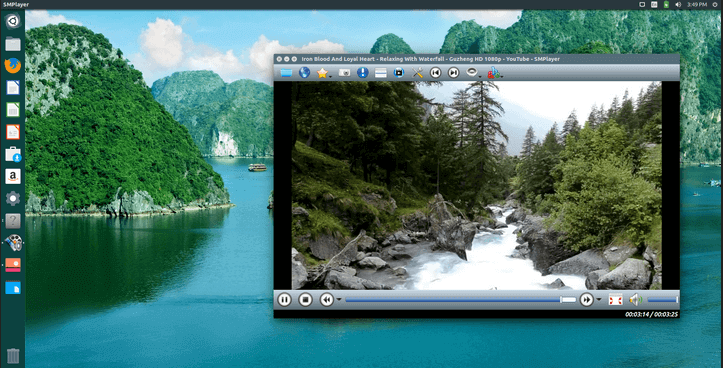
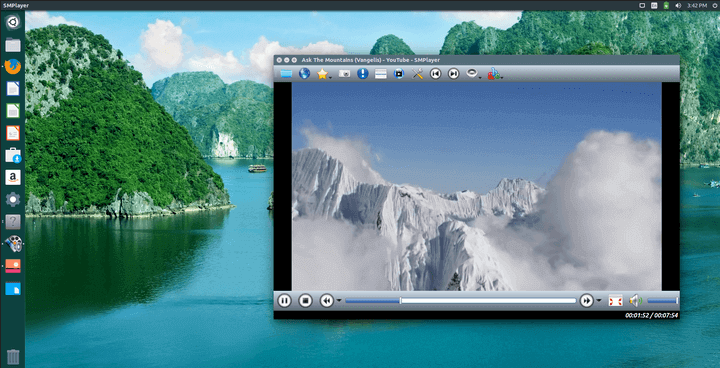
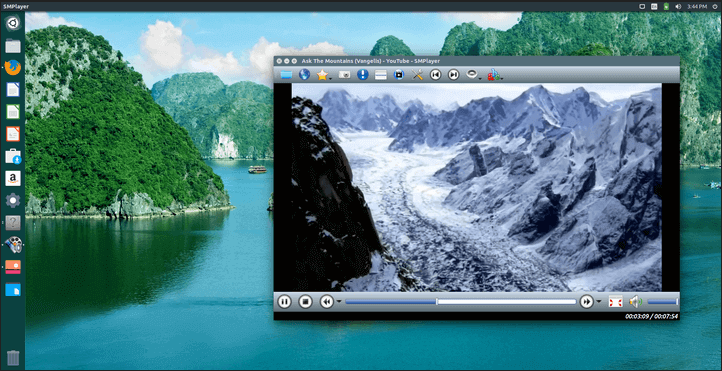
For other distributions packages, go to the SMPlayer download section.

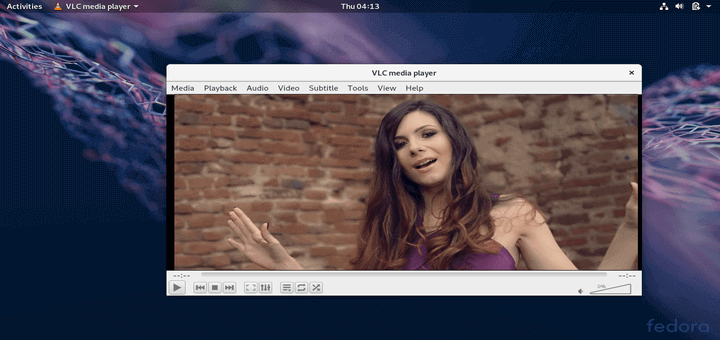
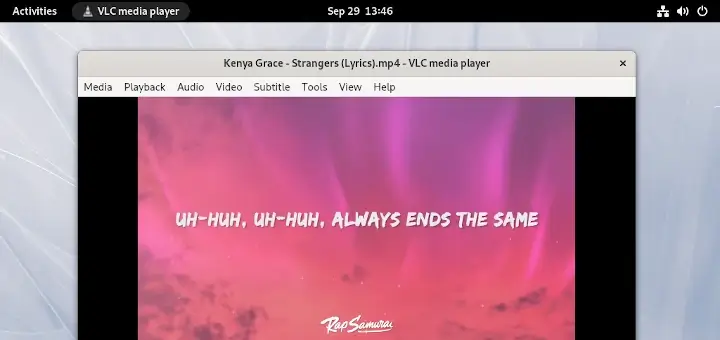
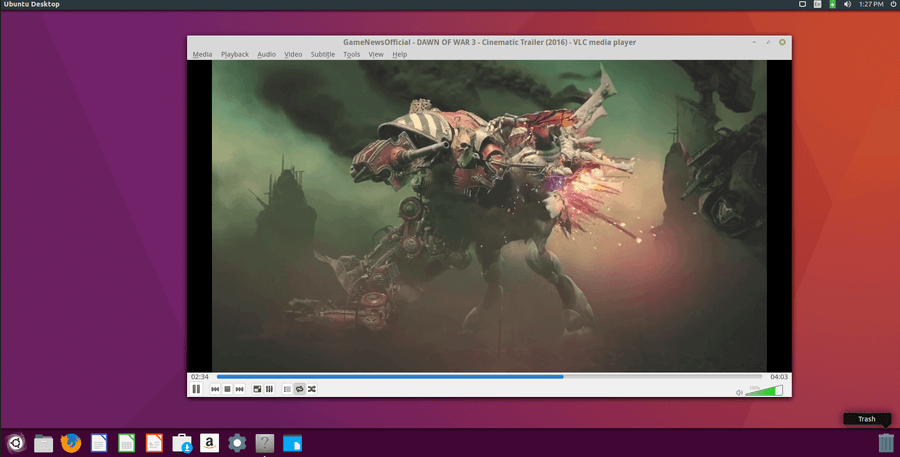
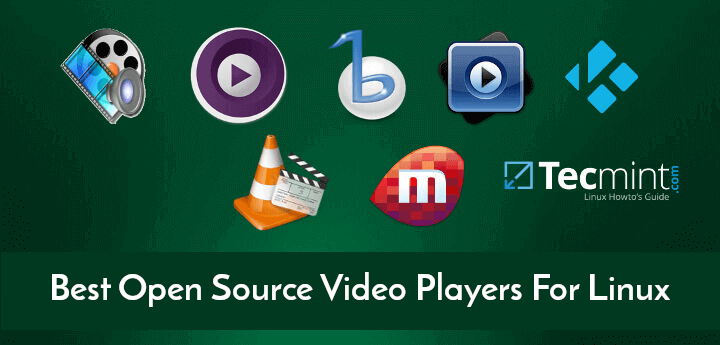

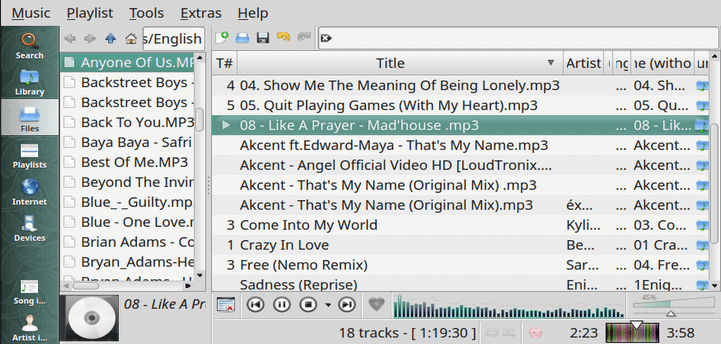
Looks like there is a missing dependency on RPM Fusion here given smplayer relies on mpv to be available.
It’s also possible to rely on smplayer from RPM Fusion only instead or using this additional repository (but it shoudn’t lead to conflict).
Now, its very fine in runing into .iso of GNU/Linux KDu-2.0-Alpha8 or Beta 1 to upload for we server sourcefourge…..tks…..